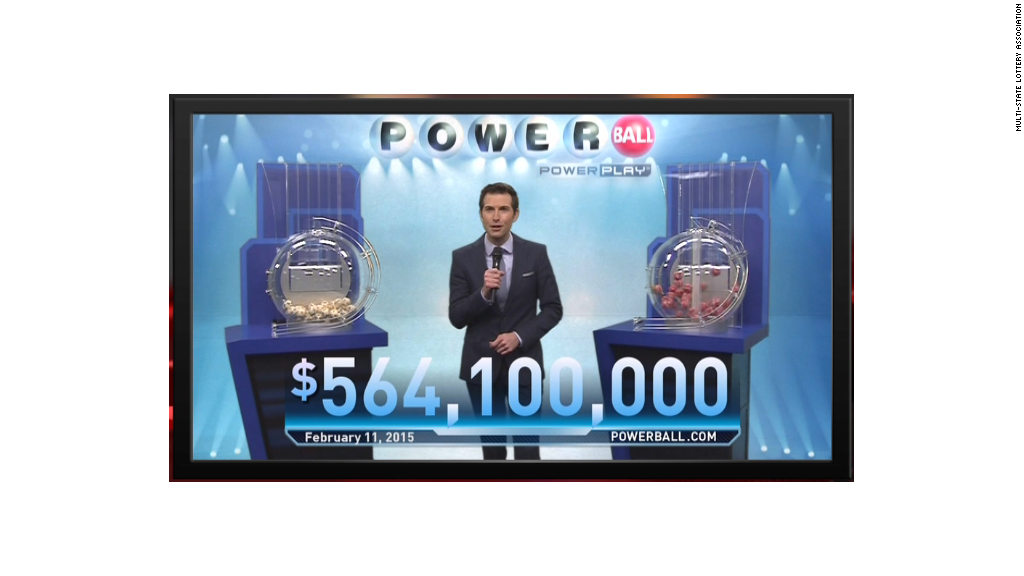
The three gigantic checks collected by Wednesday's Powerball jackpot winners will be identical, but the tax bills won't be.
That's because winners have multiple options. For example, they can choose to receive either a smaller lump sum of cash or a larger amount paid out as an annuity. They can make a huge tax-deductible donation. The ticket could also have been bought in a state other than where the winner lives, which means the winner can owe taxes in two states.
And one of Wednesday's winners may not even owe federal income tax on the prize.
Besides the three winning jackpot tickets, there are 5,971,000 more winners who took home smaller prizes -- a total of $74.2 million, according to the Multi-State Lottery Association. Those smaller winners will also have tax obligations.
Related: Who won the largest Powerball jackpots
Federal: In most cases, the jackpot winners owe federal taxes and the IRS takes a slice even before the winner gets to the money. The government requires the lottery to report all prizes over $600, and automatically withholds 25% on prizes over $5,000, according to the Tax Foundation.
Unless the winner already earns more than most Americans, he or she will be bumped into the highest tax bracket and owe 39.6% of the income.
The states have their own tax laws.
Powerball tickets weren't sold in Puerto Rico until as recently as September, in Texas until 2010 and in North Carolina until 2006. The lottery association the runs Powerball was formed in 1987.
North Carolina: The North Carolina winner is likely going to foot the largest tax bill of the three winners.
Winnings there are subject to state income tax of 5.75%, which is levied through withholding before you even take home the big check.
Puerto Rico: The winner here likely won't owe the IRS because residents of the commonwealth -- a U.S. territory -- are typically exempt from paying federal income tax.
The winner would, however, file a federal income tax return if he or she isn't a resident of the island (for example, bought the ticket while on vacation).
But the winnings aren't totally tax-free: there's a personal income tax.
Texas: The Lone Star State is one of several that doesn't have a state income tax. So a Texas resident will only pay the federal tax on the winnings.
